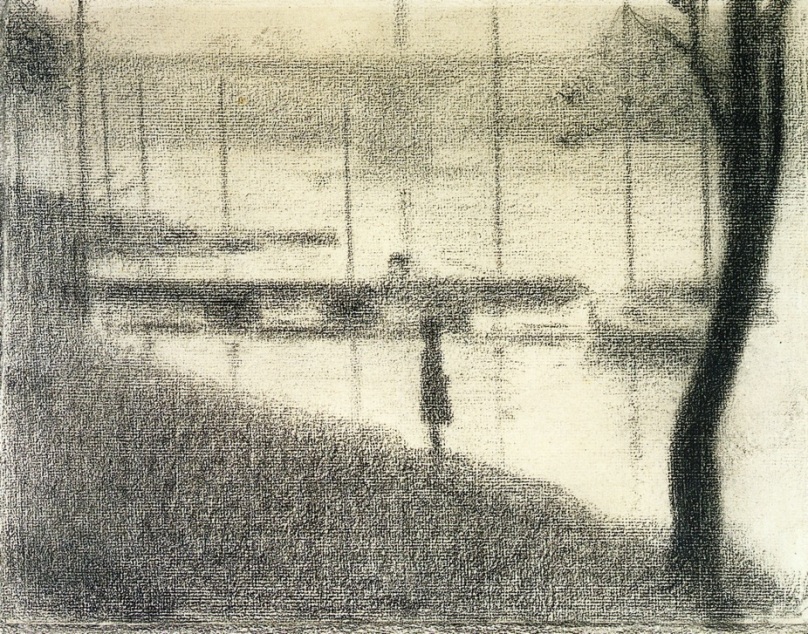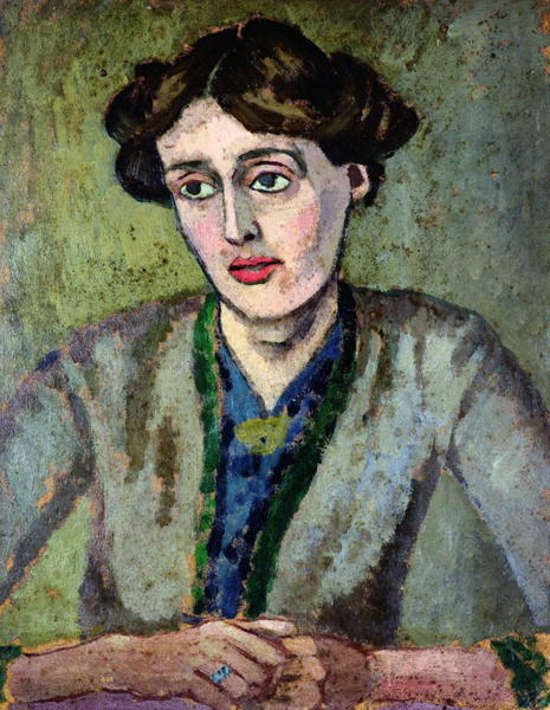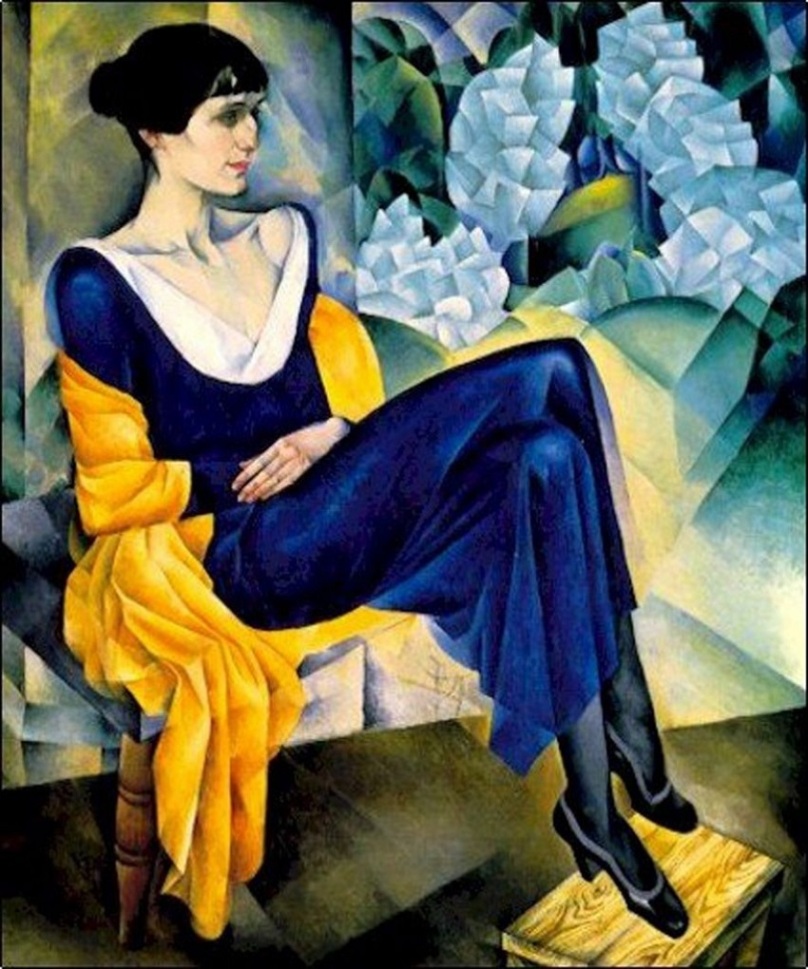Green, how I love you green.
Green wind. Green branches.
The ship upon the sea
and the horse on the mountain.
With darkness on her waist
she dreams on her balcony,
green flesh, green hair,
with eyes of cold silver.
Green, how I love you green.
Beneath the gypsy moon,
things are looking at her
and she cannot look at them.
Green, how I love you green.
Great stars of frost
arrive with the fish of darkness
that opens up the road of dawn.
The fig tree rubs its wind
with the sandpaper of its branches,
and the mountain, a cat burglar,
bristles its sour cacti.
But who will come? And from where…?
She continues on her balcony
green flesh, green hair,
dreaming of the bitter sea.
“Friend, I want to trade
my horse for your house,
my saddle for your mirror,
my knife for your blanket.
Friend, I come bleeding
from the mountain pass of Cabra.”
“If only I could, young fellow,
this deal would be sealed.
But I am no longer I,
nor is my house now my house.”
“Friend, I wish to die
decently in my bed.
Of steel, if possible.
with sheets of Dutch linen.
Do you not see the wound I bear
from my chest up to my throat?”
“Three hundred dark roses
your white shirt wears.
Your blood oozes and reeks
around your sash.
But I am no longer I,
nor is my house now my house.”
“Let me at least climb up
to the high balconies;
Let me climb up! Let me,
up to the green balconies.
Railings of the moon
through which the water thunders.”
The two friends now climb up
toward the high balconies.
Leaving a trail of blood.
Leaving a trail of tears.
On the rooftops were trembling
tiny tin lanterns.
A thousand glass tambourines
were wounding the dawn.
Green, how I love you green,
green wind, green branches.
The two friends climbed up.
The long wind was leaving,
strange taste in the mouth
of bile, of mint, and of basil.
“Friend, where is she? Tell me!
where is your bitter girl?”
“How many times she waited for you!
“How many times would she wait for you;
fresh face, black hair,
on this green balcony!”
Over the face of the cistern
the gypsy girl was swaying,
green flesh, green hair,
with eyes of cold silver.
An icicle of moon,
holds her up over the water.
The night became intimate
like a small plaza.
Drunken Civil Guards
were hammering on the door.
Green, how I love you green.
Green wind. Green branches.
The ship upon the sea.
And the horse on the mountain.

Green Sky by Jose Manuel Capuletti










